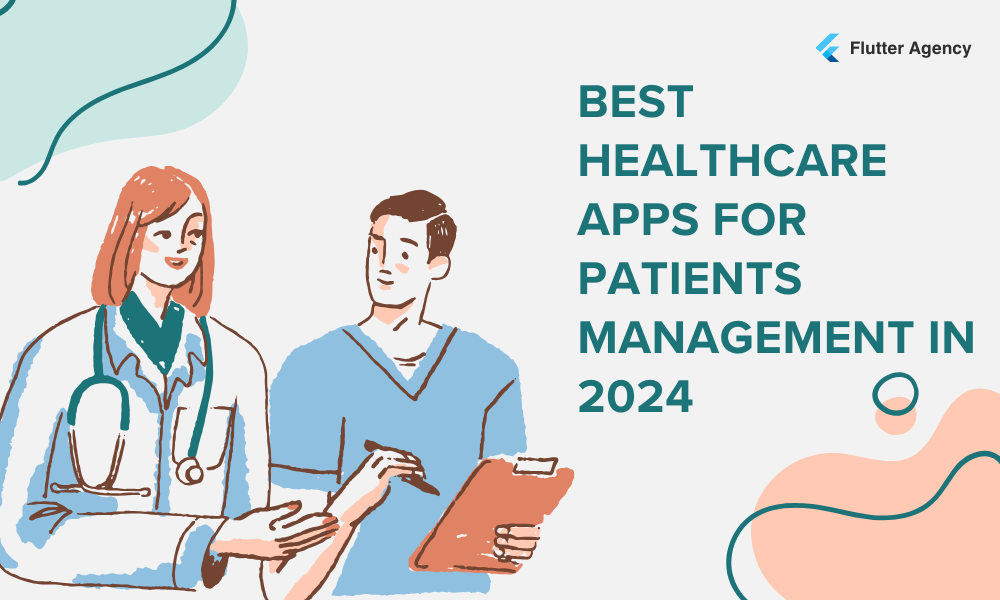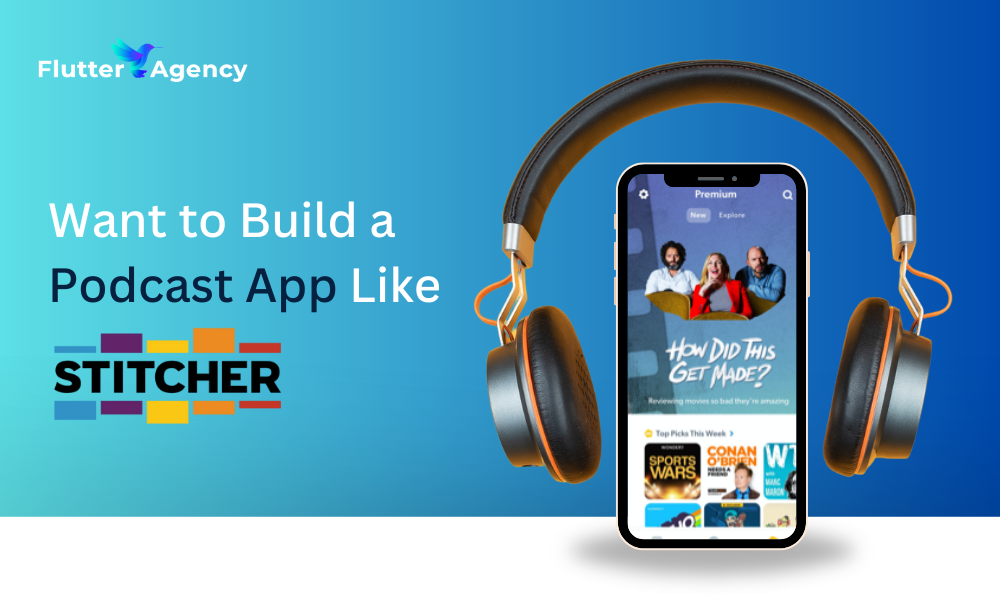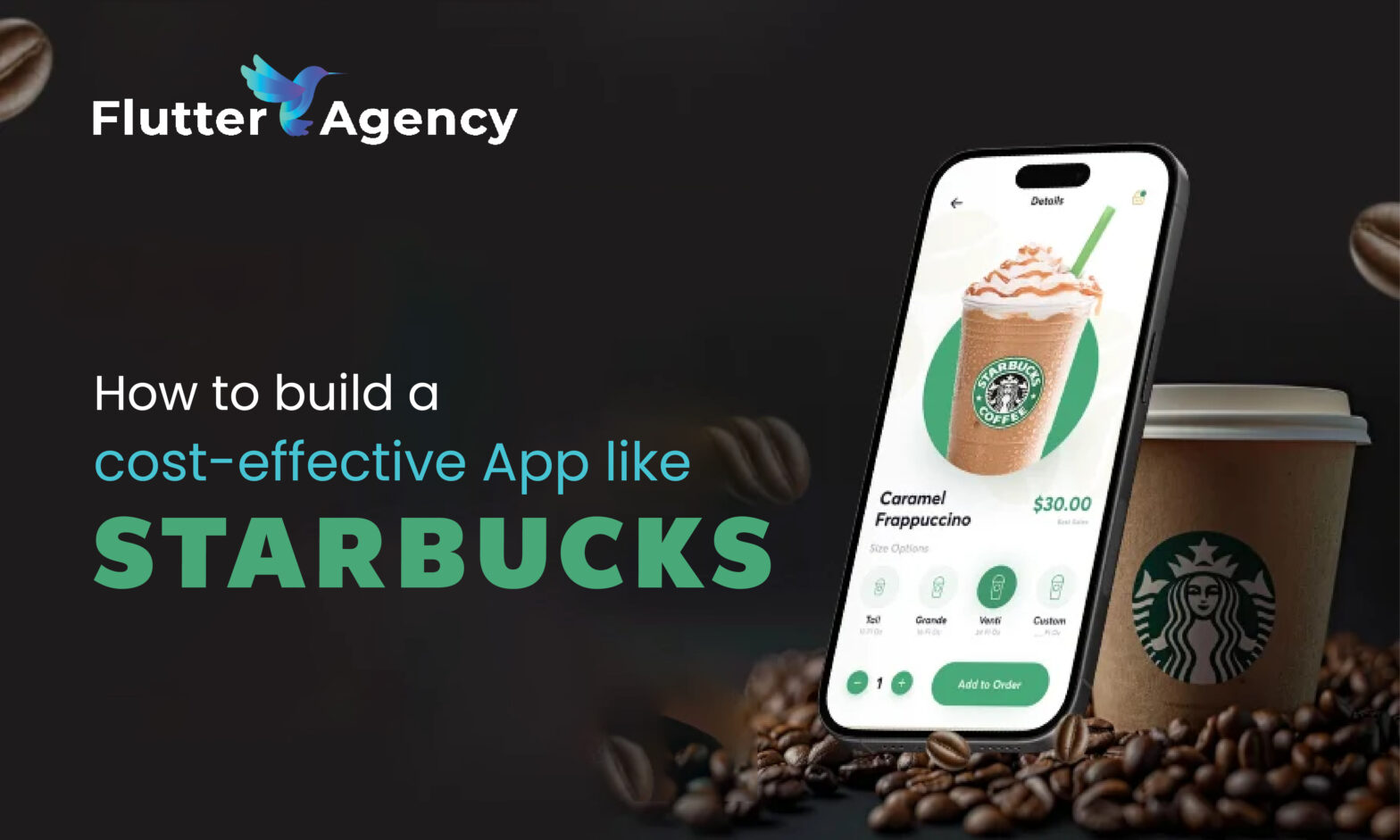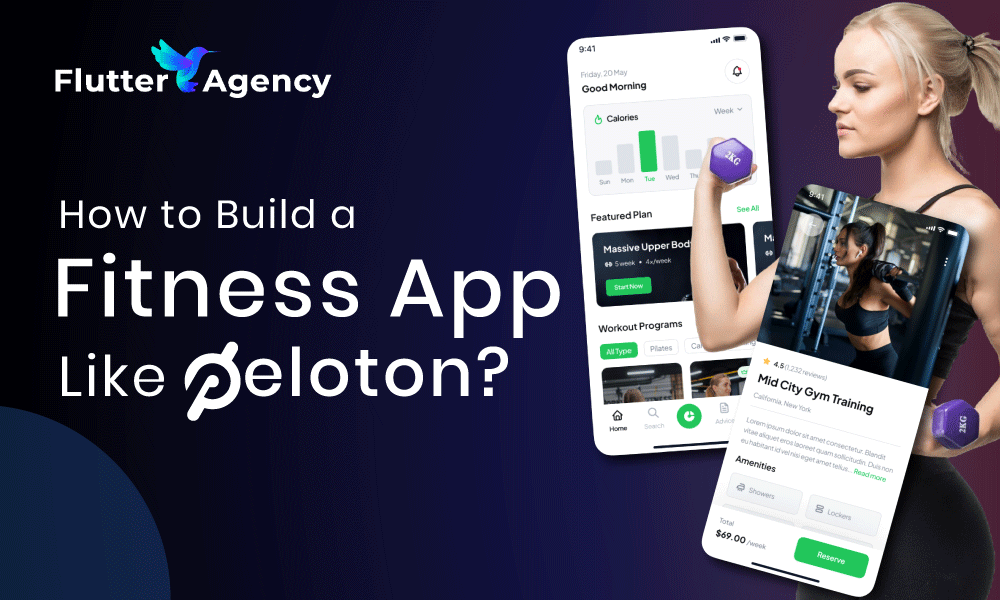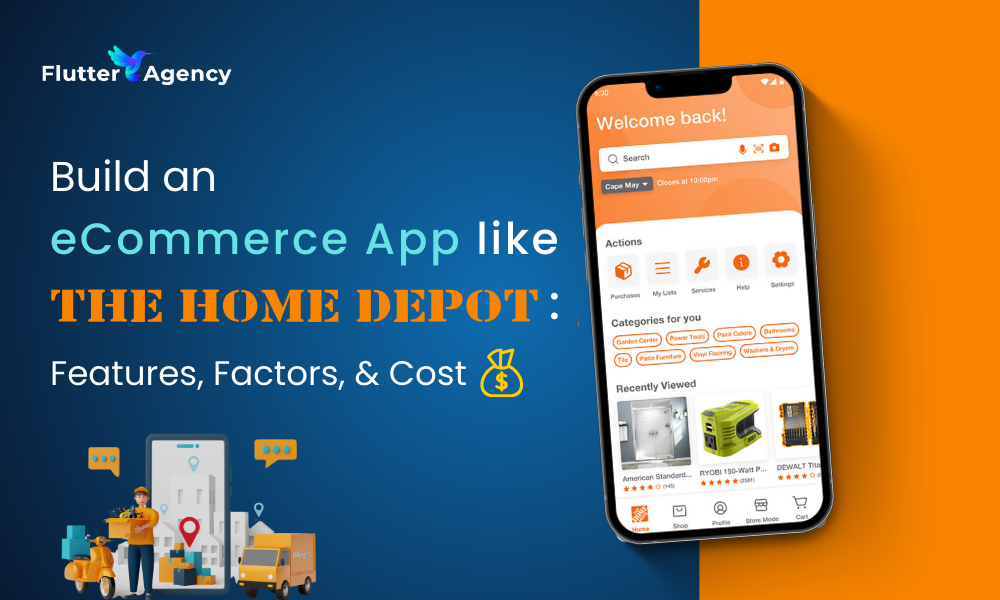Best Healthcare Apps for Patients Management in 2024
Healthcare apps have grown in popularity by leaps and bounds since the introduction of the iPhone, with more and more people expecting to access their healthcare information on the go and in doctor’s offices. With new apps being added to the healthcare app store each day, it can be challenging to figure out which ones are worth investing your time in, but that’s where this list comes in! Here are the top picks for healthcare apps for patients in 2024! And remember, you can always hire the best healthcare app developers from Flutter Agency to help you build the app you have in mind.
What is a healthcare app?
Healthcare apps are mobile apps that enhance patient experiences and providers’ efficiency with clinical outcomes. Healthcare apps cover a wide range of health topics, including fitness & weight loss, chronic illness management, lifestyle (social) health & more. Healthcare apps often use personal data to provide real-time feedback to users on their behaviors and activities. The most common healthcare app assists patients with wellness initiatives like tracking calories burned or steps walked during exercise routines. Start-ups or large organizations develop most healthcare apps within an industry vertical, such as hospitals or insurance companies. Several new healthcare business models have emerged over recent years as well—for example, retail pharmacies and medical supply companies that offer mobile prescriptions or infusion services through a single app.
Best Healthcare Apps Of 2024
1. MyHealth
MyHealth is a personal health app that focuses on proactive healthcare management. The main feature of MyHealth is keeping track of prescription drug usage and remaining durations to ensure that patients do not run out of medicines too early. A report card is also generated at each medication interval, allowing doctors to monitor their patients and intervene when necessary. Besides pharmacological data, MyHealth can also record body mass index (BMI) changes over time; it sends alerts when BMI values change rapidly or exceed certain thresholds so that users can prevent or manage weight gain. To encourage healthy behavior, MyHealth offers rewards for steps taken every day and for completing surveys about lifestyle habits.
2. EHR
Every practice needs to do a few things to ensure that it’s effectively engaging patients, and those three C’s are: communicate, coordinate, and collaborate. A robust EHR is key to facilitating all of these C’s—and thus important for patients. Yet studies show that there is still widespread confusion about what an EHR is and how it works. It can create problems when patients don’t understand why they have to use their EHR or how it can benefit them. To solve that problem, here are some healthcare apps for patients that will help you take advantage of your EHR system and improve patient engagement overall.
3. Medication Reminder
Taking the medication on time is one of several important factors for treating chronic conditions. But unfortunately, many patients struggle with keeping track of medications and following doctors’ orders. On top of that, most people don’t like taking medicine – but there are some simple things you can do to make it a little more tolerable. A smartphone app can help improve patient compliance by reminding patients when to take their medication and what type they should be taking. For example, an app could remind someone when they need to take their pills at a specific time of day (morning or night) and how many pills there are left in a bottle. Plus, apps can also send reminders via text message or email.
4. Touchscreen Scale
We know what you’re thinking. Am I supposed to get on a scale every time I want to check my weight? What if there was an easier way? Enter Haiku’s touchscreen scale. The touchscreen display makes it so that you don’t have to waste any time with buttons—hop on and scroll through your stats quickly and efficiently. Weight, body fat percentage, bone mass, body water content, BMI—it all lives right on your new Haiku scale! No need to search online or go rummaging through a pile of old notes and printouts; check your weight whenever needed!
5. Patient Engagement
In healthcare, patient engagement refers to patients taking an active role in their health and healthcare. Patients who engage with their healthcare team will be more likely to understand their condition, adhere to a treatment plan, and make necessary lifestyle changes. Patient engagement can improve the quality of care by helping patients provide more accurate information about themselves and what they need, reduce medical errors, avoid unnecessary treatments, improve patient satisfaction, and even improve overall wellness. To ensure you’re engaging your patients effectively, take advantage of apps that allow them to schedule appointments or request prescriptions.
6. Telemedicine Platforms
Many patients are hesitant to make doctors’ appointments because of cost and inconvenience. Telemedicine platforms can overcome those hurdles. With these apps, you can easily schedule an appointment online or via a mobile app and connect with a physician from your home or office. In some cases, you can even submit photos of rashes or other problems to get a diagnosis from experts. In addition to making patients more comfortable with doctors’ visits, telemedicine platforms help save time and money—patients don’t have to travel to doctor offices, wait around at walk-in clinics, or pay additional co-pays.
7. Clinical Data Repository (CDR)
It’s also one of the Healthcare apps for patients with tremendous potential over the coming years as it improves with more efficient storage and improved coding capabilities. With a CDR system, healthcare providers have near-instant access to crucial patient info at any point of care without requiring manual or faxed data sharing.
8. Provider Directory & Referral System
A provider directory will include your phone number, address, and email address so people can reach you. Your healthcare software will have a built-in referral system that allows patients to self-refer. They’ll fill out their information on your form, and then it’ll be sent directly to you via email or fax. You can also set auto-reminders for when to schedule appointments or refill prescriptions.
Conclusion:
It’s not entirely possible to know what will happen with healthcare apps five years from now. But given where we are today, it’s easy to predict a few trends that will shape those apps in five years. And if you’re an app developer or thinking about getting into healthcare software development, these predictions should be on your radar. As healthcare becomes more consumer-centric and mobile-friendly, healthcare apps for patients will become more widely used and even a necessity. And as patients continue to demand better care and greater transparency from their doctors and hospitals, technology will play an increasingly important role in making that possible.
Consult Now
Contemporary ventures
Recent blog
ready to get started?
Fill out the form below and we will be in touch soon!
"*" indicates required fields

